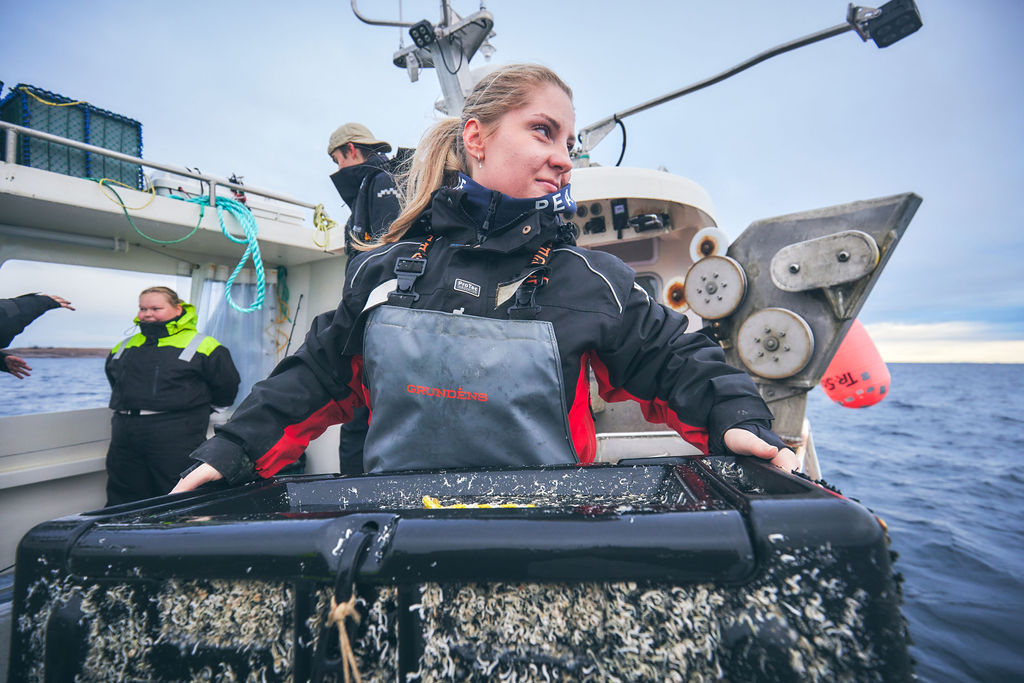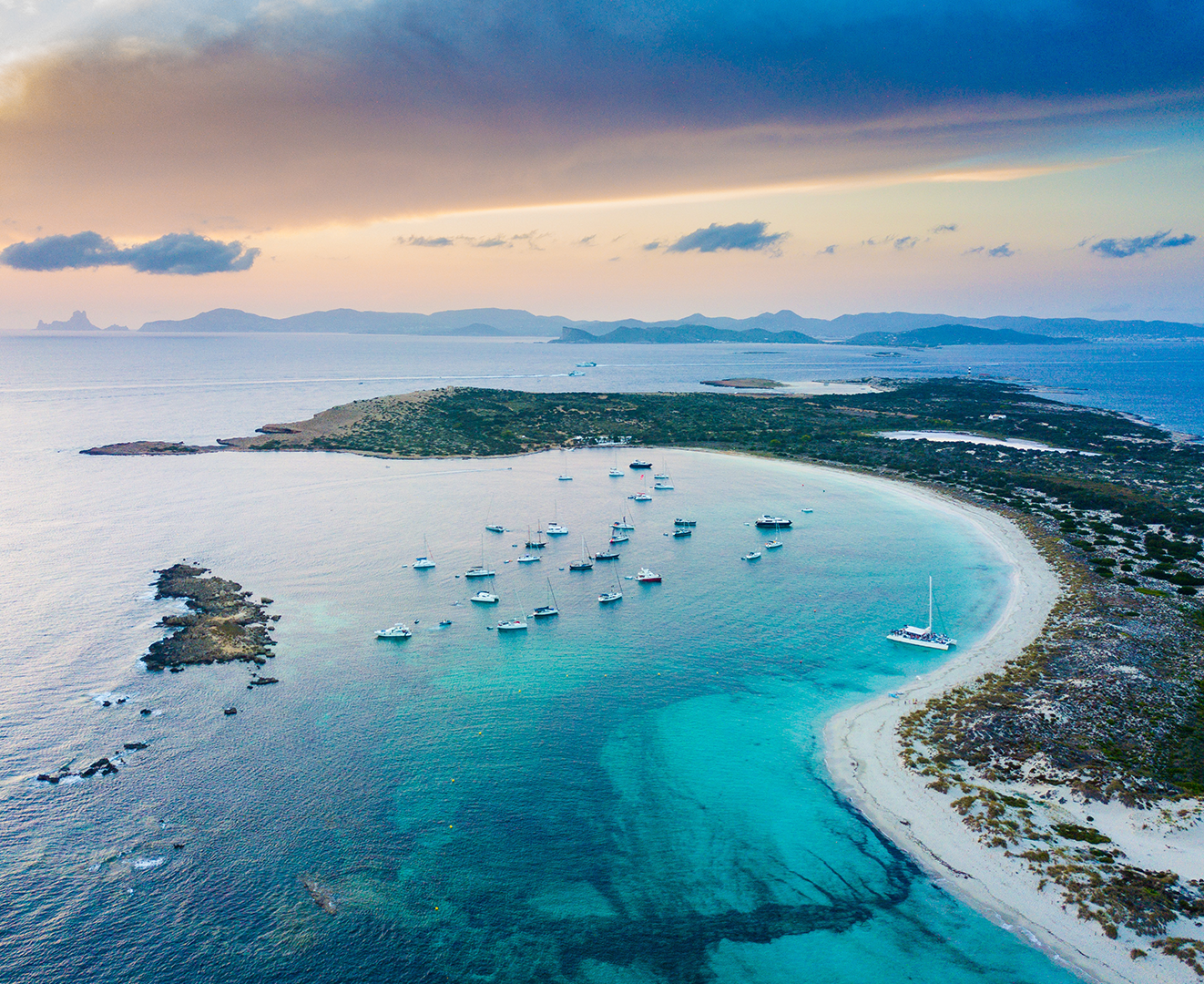Costal living
Frøya is the country's largest aquaculture municipality and is strongly characterized by internationalization, technology development and innovation, but the island municipality on the Trøndelag coast is also a large fishing municipality. Mausund is one of the largest fishing villages between Lofoten and Western Norway. In addition, you can boast the country's largest maritime protected area! Nowhere else in the world can one unite such diverse interests in a forward-looking and sustainable way. If you are interested in how the world will manage to produce as much clean food as possible with the lowest possible climate footprint, it is not possible to get any closer to what is happening now than through a year with us.
Through various company visits, professional testing on deck, the edge of the cage and in the fish landing, you experience what it is like to live and work on the coast. You get to go out and set and pull fishing gear with the school's boats and with local fishermen. When you leave here, you know what it's like to be at sea in challenging weather and have experience from life on board a chart deck.
You will also learn about the importance of the aquaculture industry for our coast, and how the industry actors on the coast affect each other and the local environment. Among other things, you will gain insight into current research on seaweed and kelp and we try our hand at gathering. You will gain a good insight into both opportunities and challenges with new technology and innovation.

Something you will experience and learn on the line
-
Safety training
-
Boat training with a completed boating test at the start of the school year
-
Vocational testing in cooperation with local fishermen and aquaculture actors
-
Introduction to how to make and care for tools
-
Processing fish and seafood
-
Turnover – purchase and sale of fish and seafood
-
Coastal and fisheries history
-
Seaweed and kelp: research, cultivation and gathering
-
Experience what it's like to work on a deck
-
Review of the different species found in Norwegian waters
-
The history of the fishing industry - from "the last Viking" to row from Trøndelag to Lofoten to today's ocean-going trawlers
-
Insight into the development of the modern aquaculture industry
-
Visits to technology and innovation companies, as well as fish farms related to modern aquaculture
-
Different types of fishing and activities throughout the year
You will need waterproof and winter-lined overalls, oil sheath, work boots, knife and fishing gloves. We can help you find suitable equipment, and you are welcome to buy equipment second-hand or take advantage of the school's various purchasing agreements. At the beginning of the school year, we arrange a shopping trip to Frøya, to get what may not have been purchased in advance.

Study trip to Barcelona
Big city, beach, southern atmosphere, shopping and nightlife. Barcelona has it all, and we will experience it all.
We stop by the world's largest seafood fair, Seafood Expo, for some professional replenishment, and there tend to be lots of Norwegians there while the fair takes place.
We visit the fantastic food market Sant Josep de la Boqueria, and also experience the pedestrian street La Rambla, which is known for its bustling street life, and its many entertainers, market stalls, cafeterias, restaurants and shops.
If you like to skate, the area outside the MACBA Museum is known as one of Europe's best areas for it, and it is teeming with skaters from all over the world. Barcelona has plenty of cultural experiences to offer. If you are one of those who likes football, it is quite possible to try and get tickets to one of FC Barcelona's home games at Camp Nou while we are there!
The coastal and fishing villages are like pearls on a string on the coast around Barcelona. Maybe we visit the fortress Castell de Tamarit or try to snorkel a bit in Cala La buena beach in El Perello?
